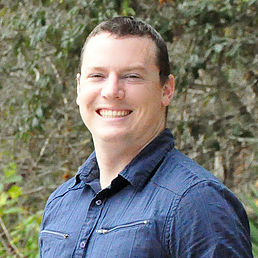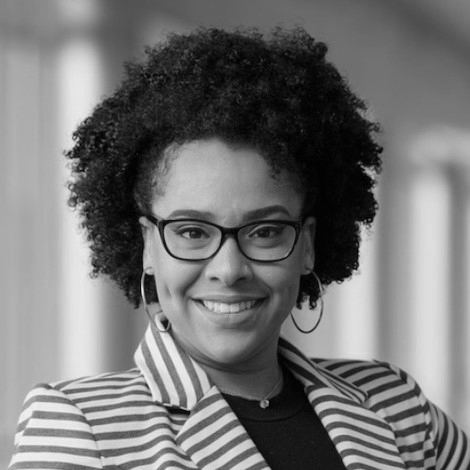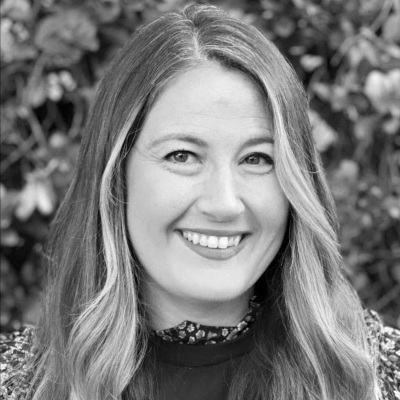Let’s face it. You’re probably getting less personal time than you used to. And the time you’re getting? It’s probably not the same.
The COVID-19 pandemic has resulted in significant and often dramatic changes in our day-to-day lives. As a result of the pandemic, and resulting social distancing guidelines issued by the CDC as well as some federal, state, and local governments, many people are spending significantly greater periods of time at home in the presence of others when you might otherwise go out and engage in hobbies or other enjoyable activities. This can predictably lead to decreases in mood, increases in irritability, especially when there is no specific end in sight.
There are lots of benefits to getting some personal time which are rarely discussed or realized. For one, it helps maintain empathy. It’s also been shown to help maintain or improve productivity and can give you time to reflect on your thoughts and emotions, which may lead to a better understanding of yourself. It also provides the opportunity for you to plan your path towards goals, dreams, and life more broadly. Finally, it gives us a chance to recharge.
Most people need alone time. Finding personal time can be difficult, particularly when we’re so strongly encouraged to stay at home and when going out poses so many potential risks. There are several strategies we might use to create alone time, even in the proximity of others.
1. Communicate Clearly
Communicating our needs can be difficult, particularly with friends and family. If we need alone time, inform those around you what your need is and why it is important to you. Using less clear language, such as “I’d really like to go out” is different than “I need some alone time right now”.
2. Practice Assertiveness
Sometimes, making our needs known to others can feel like we are demanding, or even aggressive. In fact, even the word “demand” usually has negative connotations. Give yourself permission to acknowledge and express your needs, and be mindful! Assertive communication is defined by mutual respect of both your right to establish boundaries and the rights of others.
3. Empathize and Compromise
If you feel you need some personal space, it’s possible you’re not the only one. It is also entirely possible that the options for personal space are limited. In discussing options for creating alone time with those closest to you, aim to strike a balance so all parties’ needs are met.
4. Get creative with Personal Time!
In particularly tight spaces, you may find the options for true alone time are limited. Out-of-the-box thinking can help! Rearranging furniture or creating barriers in rooms might help provide a sense of isolation. Alternatively, the use of headphones when watching television, music, or movies can also create a more personal experience and filter out the activities of others around you. You might even consider scheduling alone times so everyone can be on the same page!
5. Stop guilt in its tracks.
Allow yourself to take personal time. Needing some alone time is very different than abandoning your children or being selfish. Everyone needs are different, and most experts would likely agree that time to ourselves is necessary.
6. Enjoy your private time
Feel like you need some help with boundaries or protecting time for yourself? Make an appointment or shoot us an email. We’re excited to discuss how we might help.
References
- Which Therapy is Best? - December 14, 2023
- How to deal with Burnout when you’re sick of everything and everyone. - February 23, 2022
- The Hidden Dangers of Social Media: How It Can Eat Away at Your Mental Health - August 21, 2021









